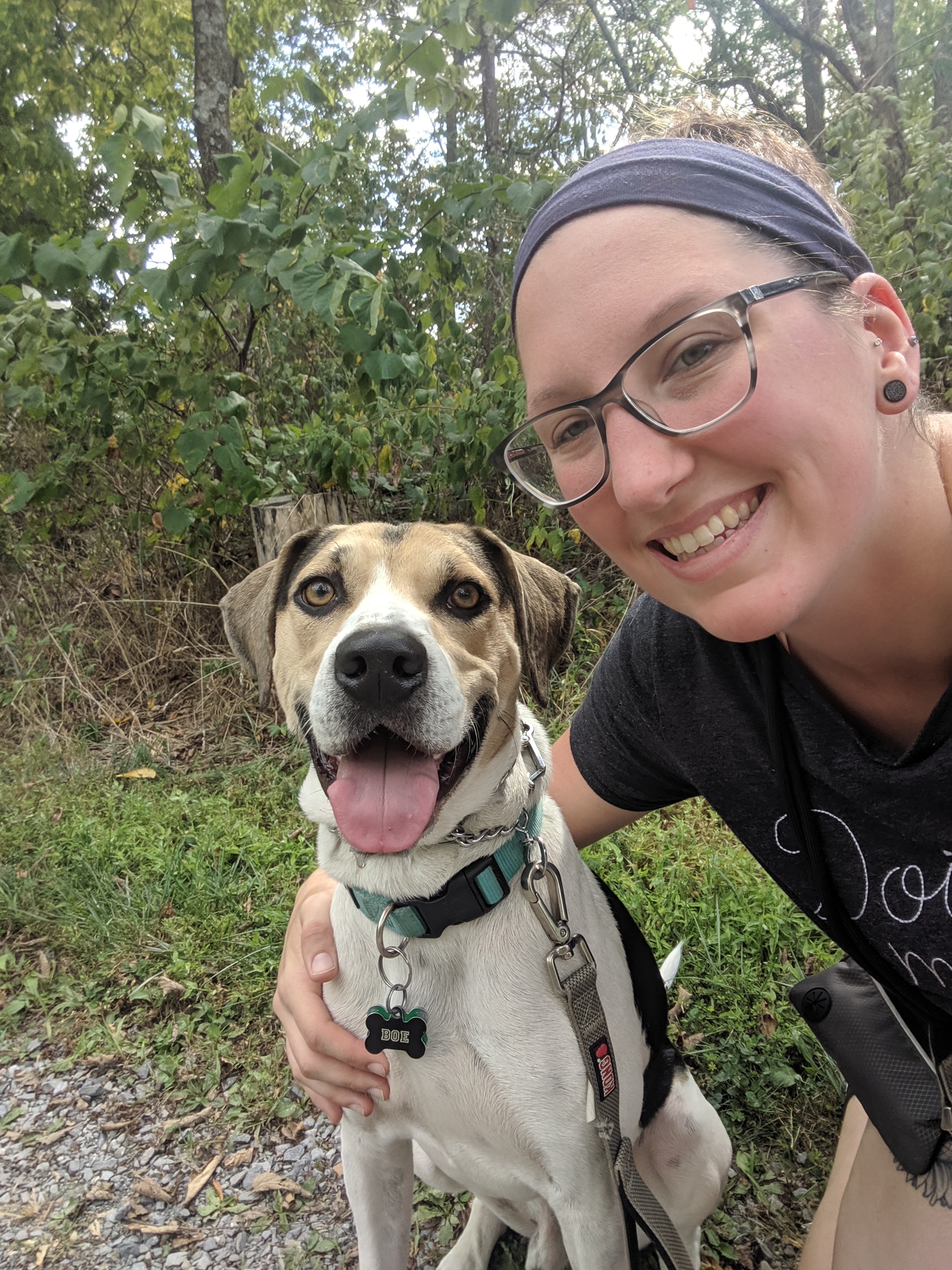
Employee Spotlight: Katie Souders
Katie Souders is a behavior specialist in Berryville. She joined Grafton in the summer of 2018.
Why did you want to work in behavioral healthcare?
I have a bachelor’s in psychology and a master’s in school counseling. Before I came to Grafton, I worked at a psychiatric hospital for four years and fell in love with running psycho-educational groups, as well as understanding behavioral issues like Oppositional Defiant Disorder. I believe that’s one reason I was hired at Grafton. I like challenges.
Why are Grafton’s clients unique?
They’re all so different. Our clients have unique challenges, but in my role as a behavior specialist, I see a lot of kids with autism. They all bring their different quirks, their different talents, their strengths, and their weaknesses. The staff understands those weaknesses and how to teach clients ways in which to overcome or strengthen them.
What makes Grafton’s approach person-centered?
It’s very individualized, so with every specific client you usually know what they need or how they respond differently to different things. For instance, some kids can’t take loud noises, so we provide, and allow them to have, headphones. It’s not saying, “No. So-and-so isn’t allowed headphones because it’s against the rules.” If you need it, we’re going to help you with it. Some kids aren’t allowed to bring toys to school because they don’t need them, but then we have some clients who use them as coping skills, so they’re allowed to bring a toy. It’s very flexible; we work with what the kid needs. And that’s where the comfort comes in rather than the control – the, “No, you cannot do this because of XYZ.”
What does utilizing a trauma-informed approach mean to you? How has it affected your work?
Coming from a psychiatric hospital, I read a lot of cases that were just so sad, and you could see how the trauma affected the child. I’ve learned a lot more self-awareness to be able to successfully work with clients. To actively listen to what a person is trying to tell me goes a long way. Even if they are telling me by screaming, they are telling me something; they just can’t successfully verbalize it. It’s my job to dissect that and figure it out for them. It’s so important to look at body language, too. You may be saying you’re okay, but your fist is balled up tightly.
Do you have a favorite story from your time at Grafton?
I had a client, a 13-year-old boy with autism, a conduct disorder, and ADHD. I’m super grateful I was able to work with him, to see his progress. He went from being unable to identify his emotions, cursing, and ripping things up during our first sessions, to going the whole day with no target behaviors. It was a bunch of small moments together that affected me; just the joy and laughter that he ultimately brought into our sessions. That really carried me some days. As much as I helped him, I think he helped me as well.
What would you say to a family considering Grafton for their child?
I would tell them to go for it. Grafton has the resources, the knowledge, and the capability to provide for these children.
What makes Grafton a special place to work?
There are not enough positive things I can say about Grafton. I have the flexibility to pursue my passion. I’m continuing my schooling here, a second master’s in Board Certified Behavioral Analysis. I like being able to use all my strengths in different ways. I’m currently running groups in a classroom, which I love because I get to focus behaviorally, but I also get to use my school counseling side and bring in psycho-educational groups.
I’m happy that I’m able to go in the field, but I’m also so happy that I’m part of an organization where my voice is heard and I can collaborate with therapists or the clinical administrator or staff members. I’m in a position where I can enjoy every part and hear every side and help come up with solutions.
I love solution-based therapy. It’s good to bring out a concern, but it’s no good if we don’t find a solution. Here, it’s very solution-driven, finding solutions that will work. Sometimes they’ll fail, but we learn from it and go on.